How businessmen from Tatarstan breed snails and supply them to restaurants in Moscow and St. Petersburg
Ramil Galimzyanov, Helix Group: “We just jumped straight in and invested all the money”
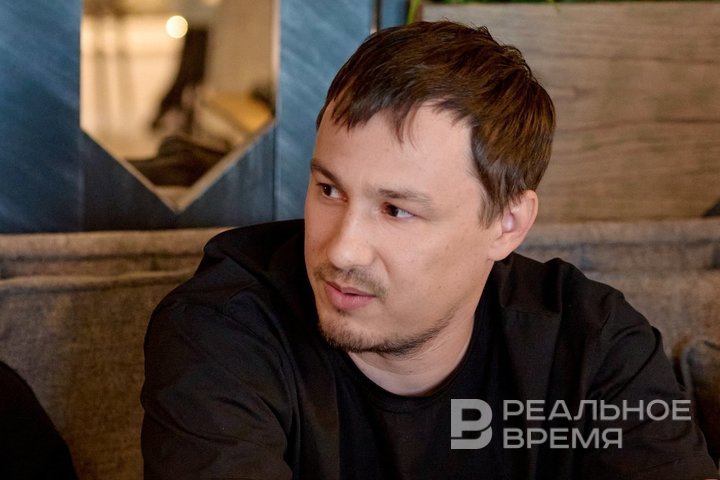
An unusual startup was launched in Tatarstan by two entrepreneurs, Ramil Galimzyanov and Roman Matveyev, who placed their bet on a delicacy product. Both had previously developed careers in other fields, but took a risk and started a snail business. After purchasing breeding stock in the Czech Republic, the partners began cultivating two types of snails — Helix Aspersa Muller and Helix Aspersa Maxima. Now they supply pearl caviar, snail liver and meat to both capitals, and in Kazan, their products have recently appeared in one of the retail chains, Ramil said in an interview with Realnoe Vremya.
My partner said: “Look, this is interesting”
Ramil, tell us how the idea for your unusual business came about. Is anyone else developing this field?
In Tatarstan, we are the first. Across Russia, among those who have created such a product and brought it to Michelin-starred restaurants, major retail chains, and so on, we are also the first at this point. We managed to take that step — not just from a farm to a finished product, but to a demandedfinished product — and promote it as well. At the same time, both my partner and I originally had businesses in completely different fields. But at one point, we simply decided to do something that would truly set us apart from others — that’s the first thing. Secondly, when you’re not dependent on anyone, you can create a product that you’ll be proud of yourself, something you won’t be ashamed to bring anywhere.
What could that be? When you start thinking about it, there actually aren’t that many options. We came across a video about snail farms purely by chance. My partner said, “Look, this is interesting,” and we just jumped straight in and invested all our money. It was risky, but it was worth it.
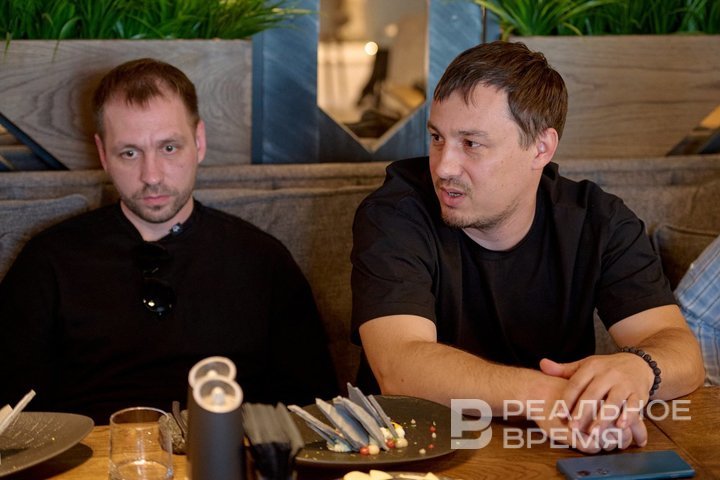
When you launched your project, how did you find buyers?
We started in 2022. We set up a farm in the Laishevsky District, and for the first two years we were refining the process — how to properly raise snails in our climate so that they could grow and develop comfortably. We have a full-cycle production facility: we collect the caviar from the breeding stock ourselves, incubate it, release the juveniles into the fields, and then grow the final product — mature, first-grade snails. After that, the snails are brought to our production site in Kazan, right in the city centre — on Gogol Street.
This year, our farm is moving to a larger plot of land because we’re already running out of space, and volumes are increasing. Around June 2023, we began entering the market with a finished product. Our brand chef is Artyom Aleksandrov, head chef of the Kazan restaurant Gorynych. A flavour line was developed — at first it was very large, but later we scaled it down based on the preferences of the end consumer. We developed products for those who had already tried snails before, for those who never had and were afraid to try — essentially for different niches. At the same time, we’re working with both the HoReCa sector and retail, including wine boutiques.
“We visited more than 40 restaurants in Moscow”
How did you manage to enter the markets in the capital?
In the summer of 2023, I went to Moscow, and before launching the product on the market in its final form, we visited some of the top brand chefs in Moscow — including Ruslan Polyakov, Viktor Chistyakov, and Vladimir Viktorovich Mukhin. I know them personally, and it was very important for us to get their feedback. We brought the product to them for tasting. In total, we visited more than 40 restaurants in Moscow — this was necessary both for future collaboration and to receive feedback from some truly outstanding chefs. Vladimir Viktorovich Mukhin was the highest level. When he and his head chef at White Rabbit, Viktor, said: “Guys, this is a great product,” we became confident enough to enter the market properly.
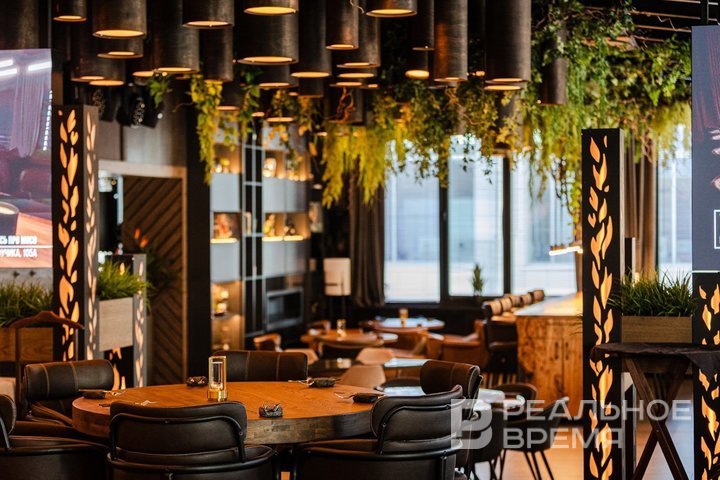
We carefully considered which restaurants we could enter and which retailers we could work with. In fact, our first sales probably started around June 2024. It was a collaboration — we worked together with our first retailer, Lavka 100, which is part of the top 100 best delivery products and is represented in both Moscow and St. Petersburg. It was specifically for this project — since we are working under their private label — that we built our entire production facility. Essentially, we prepared everything for an audit, fully complying with HACCP standards (HACCP — a food production and catering quality system mandatory for implementation in Russia — ed.).
“The snail has always been classified as seafood, though it has nothing to do with the sea”
How much did the initial stage cost?
You should start with the farm — it’ll eat up around 10 million rubles right away, no matter what. Of course, you can set up both a farm and a production facility, but then the production line will sit idle, because the farm hasn’t grown anything yet and you still don’t know how to raise them. It took us about two years from the moment the farm was launched before we opened the production: we worked through the first season, then the second. Only after that did we start developing the finished product, which took another five months or so.
During this period, we were refining the product and its flavours. There were no existing technologies — how to cook it properly, what the timings should be, how long it takes to prepare a single piece, what the yield is. Because there’s a technical regulation: how long to boil, how long to blanch, how quickly the product must be collected, right down to the regulation on packaging speed.
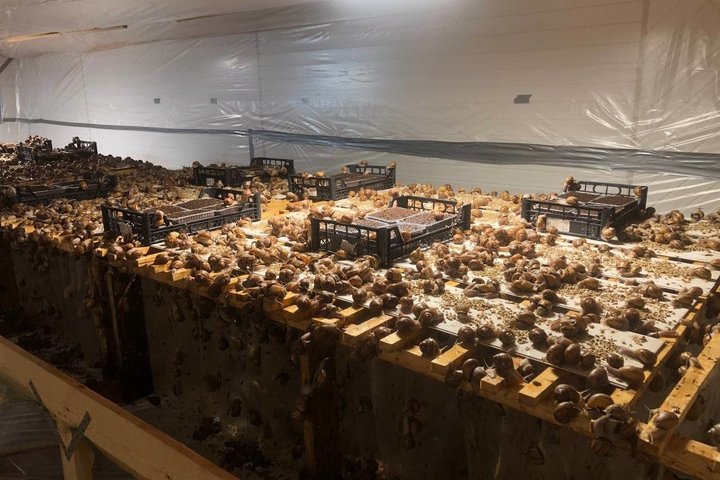
If the initial investment was 10 million rubles, the costs kept growing progressively after that. At first, it was a small, almost boutique-scale production, with just a single set of documentation — the snail was always classified as seafood. But in fact, it has nothing to do with the sea — it’s a land snail, it lives on land. We approached it from another angle: for our snails, which we brought in ourselves and began breeding and growing, we developed technical specifications (TU), obtained declarations, a quality certificate for the finished product, and passed all the necessary lab tests.
I can’t vouch for the whole of Russia — maybe someone else has tried to do the same, or even succeeded, I don’t know — but this is the path we took. Large retailers and major counterparties only work with producers who comply with HACCP standards. And that’s absolutely right. This requirement filters out a lot of players.
“You must be inherently ready for new volumes”
Expansion required additional costs for increasing staff numbers, moving to a larger facility, and boosting production volumes — you need to have a reserve of raw materials and packaging. At the same time, you enter new markets. Right now, we are negotiating with new retailers and must be inherently prepared. Yes, negotiations can take five to six months before a contract is signed, but you have to be ready for the moment they place certain orders, and you will need to absorb them. Naturally, you go into these talks already planning what volume you can handle.
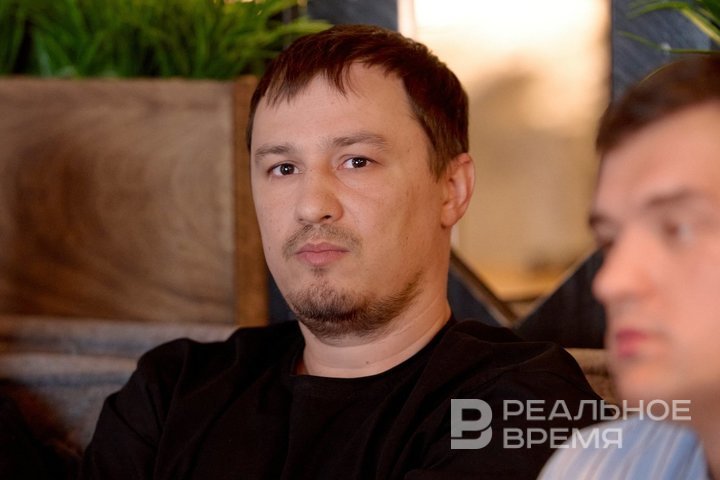
Are you ready for the new volumes? Have they told you what they are?
No one will say, for one simple reason — the product is completely new, and there are no equivalents. Retail knows wild snails, for which there is an approximate volume. But you can’t compare to that — these are completely different tastes, price segments, altogether different products. You know, it’s like a certain market segment for regular beef, and another segment for marbled beef. But even for marbled beef, there might be three to five producers who strongly compete in the market, whereas in our case — we are the only players in the premium segment of our niche.
What are your plans for further development?
We have regional offices in Moscow and Kazan. Now we want to resolve the issue with St. Petersburg, because we are present in some restaurants there as well, but we want to cover the city on a larger scale. There are plans for Nizhny Novgorod — I recently returned from there. We have started working with a wine boutique that has four stores, one of which has been operating for 34 years, so it’s a serious chain.
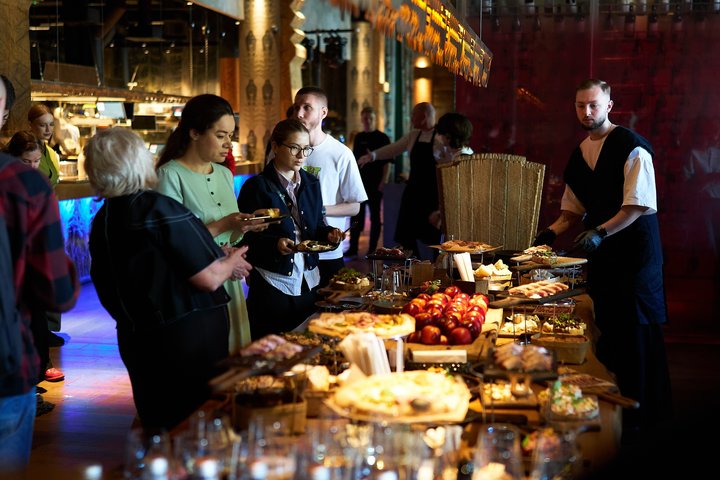
We want to enter Samara, and then, honestly, I would try the Ural region — we have had deliveries to Yekaterinburg and Chelyabinsk. We have also supplied Novosibirsk and even Melitopol. The core markets are Moscow and St. Petersburg, but the main goal is to make the more remote regions more stable.
Currently, our plans include expanding in Moscow, because there are many restaurants and we need more staff, strengthening the sales team. We also need to reinforce St. Petersburg, Novosibirsk, and Yekaterinburg.
We raise snails on a farm in the Laishevsky District, from where we deliver a certain quantity to our production facility in Kazan. Currently, that is about three tonnes; the snails are stored at positive temperatures and processed. In retail, besides Lavka 100, we are also represented in Azbuka Vkusa, but they operate only in Moscow and St. Petersburg. Recently, we held negotiations with the Eurospar chain in Kazan, and have started supplying them with our products.